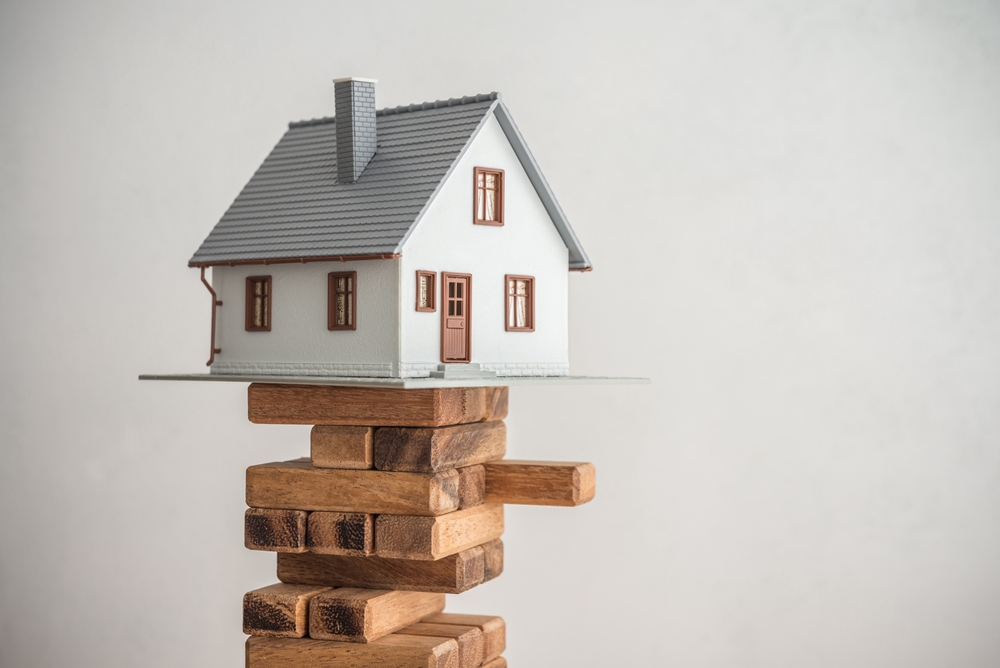Key Insights on Maximizing Your Home’s Value in 2025
Understanding your property's worth and potential has become increasingly important as the UK housing market continues to evolve. Whether you're considering selling, refinancing, or simply want to make strategic improvements, knowing how to maximise your home's value requires a comprehensive approach that combines accurate assessment, strategic improvements, and market awareness.

Learn the Most Effective Methods to Assess Your Home’s Current Market Value
Determining your property’s accurate market value forms the foundation of any value-maximisation strategy. The most reliable approach involves obtaining a Royal Institution of Chartered Surveyors (RICS) valuation, which provides a professional assessment based on comparable sales, property condition, and local market conditions.
Online valuation tools offer quick estimates, but these should serve as starting points rather than definitive assessments. Platforms like Rightmove and Zoopla provide automated valuations using recent sales data, though these can vary significantly from actual market value. Estate agents in your area can also provide comparative market analyses, examining similar properties that have sold recently within your neighbourhood.
The timing of your valuation matters considerably. Property values fluctuate based on seasonal trends, economic conditions, and local developments. Spring typically sees increased activity in the housing market, whilst winter months may show more conservative valuations. Consider obtaining multiple assessments to establish a realistic value range rather than relying on a single estimate.
Discover Key Elements That Affect Your Home’s Worth
Several fundamental factors influence property value, starting with location and local amenities. Properties near good schools, transport links, and shopping facilities typically command higher prices. The condition of your property’s structure, including the roof, foundation, and essential systems like heating and plumbing, significantly impacts valuation.
Energy efficiency has become increasingly important, with properties achieving higher Energy Performance Certificate (EPC) ratings attracting premium prices. Modern buyers prioritise homes with efficient heating systems, proper insulation, and sustainable features. The layout and usable space also matter greatly - open-plan living areas, adequate storage, and flexible room configurations appeal to contemporary buyers.
External factors beyond your control include local market conditions, interest rates, and broader economic trends. However, understanding these elements helps you time improvements and potential sales more strategically. Planning permissions and local development plans can also affect future value, making research into area development crucial for long-term value considerations.
Tips for Increasing the Value of Your Home Before Putting It on the Market
Strategic improvements can substantially increase your property’s appeal and value. Kitchen and bathroom updates typically offer strong returns on investment, though complete renovations aren’t always necessary. Simple updates like new worktops, modern fixtures, and fresh paint can dramatically improve these key spaces without excessive expenditure.
Improving your property’s kerb appeal creates positive first impressions. This includes maintaining gardens, updating exterior paint, replacing worn front doors, and ensuring pathways are clean and well-maintained. Internal presentation matters equally - neutral colour schemes, adequate lighting, and decluttered spaces help potential buyers visualise themselves in the property.
Adding usable space often provides excellent value returns. Converting lofts or basements, adding conservatories, or creating home offices can significantly increase your property’s appeal. However, ensure any structural changes comply with building regulations and obtain necessary permissions before beginning work.
When considering professional services for property improvements, understanding typical costs helps with budgeting and decision-making. Kitchen renovations range from £5,000 for basic updates to £25,000 for complete overhauls, whilst bathroom improvements typically cost between £3,000 and £15,000 depending on specification and size.
| Service Type | Provider Examples | Cost Estimation |
|---|---|---|
| Property Valuation | RICS Surveyors | £300-£600 |
| Kitchen Renovation | Local Kitchen Fitters | £5,000-£25,000 |
| Bathroom Update | Bathroom Specialists | £3,000-£15,000 |
| Loft Conversion | Conversion Companies | £15,000-£35,000 |
| Garden Landscaping | Landscape Gardeners | £2,000-£10,000 |
Prices, rates, or cost estimates mentioned in this article are based on the latest available information but may change over time. Independent research is advised before making financial decisions.
Energy efficiency improvements also deserve consideration, with cavity wall insulation costing approximately £500-£1,500 and potentially adding significant value whilst reducing running costs. Solar panel installations, ranging from £4,000-£8,000, can appeal to environmentally conscious buyers and reduce energy bills.
Maintaining Long-term Property Value
Protecting your investment requires ongoing maintenance and strategic planning. Regular property maintenance prevents small issues becoming expensive problems whilst preserving value. This includes annual boiler servicing, gutter cleaning, exterior painting every few years, and addressing any structural concerns promptly.
Staying informed about local development plans helps anticipate changes that might affect your property’s value. New transport links, shopping centres, or schools can increase demand in your area, whilst industrial developments might have opposite effects. Monitoring local property sales provides insight into market trends and helps time any selling decisions effectively.
Consider future market trends when making improvement decisions. Sustainable features, smart home technology, and flexible living spaces are becoming increasingly important to buyers. Installing electric vehicle charging points, smart heating systems, or creating dedicated work-from-home spaces can future-proof your property’s appeal.
Maximising your home’s value involves combining accurate assessment with strategic improvements and ongoing maintenance. By understanding current market value, identifying key improvement opportunities, and maintaining your property effectively, you can protect and enhance your investment whilst creating a more enjoyable living environment for yourself and future buyers.




